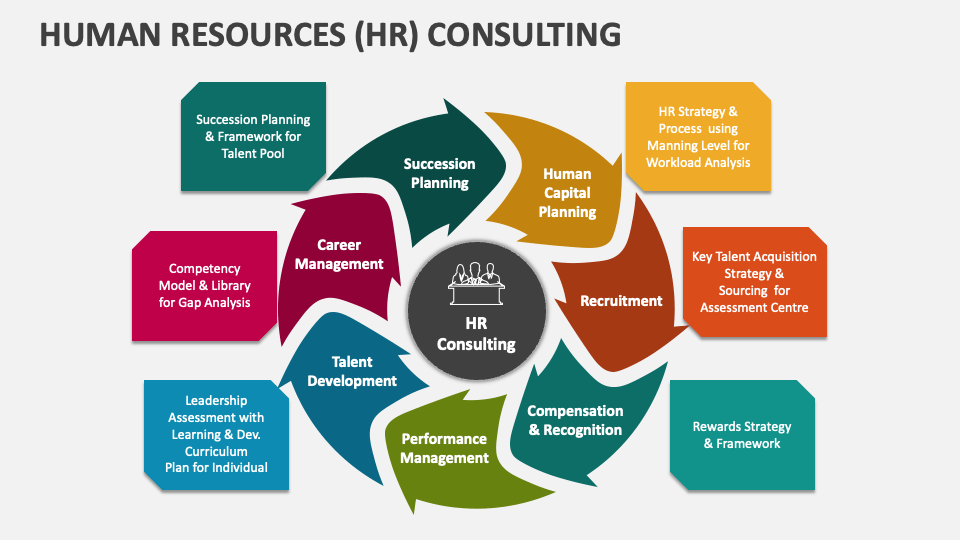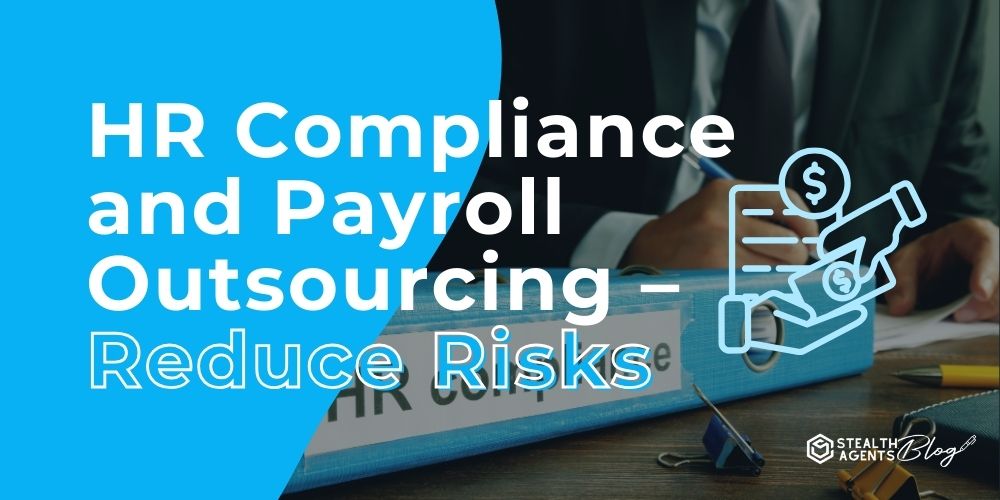Understanding Legal and Compliance Aspects in Your Outsourcing Journey
페이지 정보

본문
This short article is a submission by Managed Services Partners. Managed Services Partners is an outsourcing firm with over 6 years of experience assisting services improve operations and drive growth.

Starting the outsourcing journey is a venture that many companies carry out to improve efficiencies, lower expenses, and leverage specialized talent.

However, along with these prospective benefits come a host of legal and compliance intricacies that should be thoroughly navigated to guarantee the success and sustainability of outsourcing initiatives.

This extensive guide will explore crucial legal and compliance factors to consider, with a concentrate on information privacy laws, non-disclosure contracts (NDAs), non-compete clauses, and the crucial role of flexibility in today's dynamic business environment.
The contracting out landscape
Outsourcing is more than a method for offloading non-core jobs; it is a transformative method that can improve a business's flexibility and competitiveness.
Whether it's IT services, customer assistance, making procedures, or personnels, outsourcing can provide a substantial edge. Companies that effectively contract out can concentrate on core organization operations, drive innovation, and access top skill without the overhead costs of full-time employment.
However, this journey is not without its legal and compliance difficulties. Companies must bear in mind the complexities surrounding the transfer and management of data, the security of intellectual home (IP), and the upkeep of regulatory compliance.
Given the international nature of outsourcing, businesses must likewise think about cross-border legal ramifications, which might differ considerably depending on the country where the outsourcing provider runs.
Understanding these aspects is vital in ensuring that outsourcing partnerships line up with a company's tactical objectives while reducing possible legal risks.
In lots of cases, services that disregard legal and compliance considerations deal with pricey conflicts, loss of delicate information, or reputational damage that can take years to recover from.
Importance of legal considerations
Outsourcing naturally involves legal considerations that are important to protecting a company's interests. At the forefront is the need to safeguard sensitive information. Companies need to understand and stick to information personal privacy laws that govern the jurisdictions in which they operate.
This is specifically crucial as information breaches can lead to serious financial charges and reputational damage.
Furthermore, copyright rights need to be clearly defined in outsourcing arrangements to avoid unauthorized usage or misappropriation of proprietary possessions. If these rights are not effectively established, a business might lose control over vital innovations or personal organization processes.
For organizations running in highly controlled industries such as health care, financing, or legal services, compliance requirements are much more stringent.
Sticking to regulations such as the General Data Protection Regulation (GDPR) in Europe or the Medical Insurance Portability and Accountability Act (HIPAA) in the United States is vital to preventing legal issues.
Non-Disclosure Agreements (NDAs) and non-compete stipulations
When outsourcing, companies often share proprietary information with external provider.
To protect this important details, NDAs are employed. These agreements are created to avoid the unauthorized dissemination of secret information, thus securing the company's competitive benefit.
NDAs must be detailed and lawfully binding, clearly outlining what makes up secret information and the commitments of both parties in dealing with sensitive data. Businesses need to likewise ensure that their NDAs include arrangements for legal recourse in case of breaches.
Similarly, non-compete provisions can be consisted of to avoid provider from making use of delicate understanding gained during the outsourcing partnership to benefit a rival. This is especially essential when contracting out freelancers or firms that may have several customers in the same industry.

However, the enforceability of non-compete provisions can vary significantly depending upon the jurisdiction. Some areas have strict regulations limiting the scope and duration of such provisions.
Therefore, it's crucial for companies to seek advice from legal specialists with experience in the pertinent legal structures to prepare efficient arrangements.
Contracts: Setting the structure
Contracts act as the plan for the contracting out partnership, defining functions, obligations, deliverables, and timelines. They likewise detail the legal and compliance expectations for both celebrations.

A well-structured agreement must attend to numerous crucial elements:
Scope of work: Clear and comprehensive descriptions of the services to be offered, consisting of quality standards and performance metrics.
Data security: Specific stipulations associated with data security, data transfer treatments, and breach notice protocols to guarantee adherence to privacy laws.
Copyright rights: Provisions that establish ownership of IP developed throughout the partnership, and terms that safeguard pre-existing IP.
Termination provisions: Terms that deal with the possible end of the outsourcing relationship, consisting of notice durations and conditions under which termination can take place without penalty.
Additionally, services ought to think about executing service-level arrangements (SLAs) to guarantee responsibility and efficiency tracking. SLAs define quantifiable standards that the outsourcing provider must satisfy, offering organizations with option if expectations are not fulfilled.
Engaging with service providers
Consulting with potential service providers during the early stages of the outsourcing journey is a strategic relocation. This engagement enables companies to evaluate the service provider's ability to fulfill legal and compliance requirements.
Thorough vetting procedures, such as requesting references, evaluating previous jobs, and examining compliance certifications, can offer valuable insights into the supplier's reliability and adherence to market requirements.
Businesses must likewise examine the financial stability of potential contracting out partners.
A provider that faces monetary difficulties may not be able to maintain operations long-term, posturing a threat to ongoing projects. Conducting due diligence ahead of time can avoid future disruptions.
The function of adaptability in legal and compliance methods
Adaptability is a crucial element of successful outsourcing, especially when it concerns navigating evolving legal landscapes. Regulations and market conditions can change quickly, making it vital for business to stay nimble.
Building versatility into agreements and developing procedures for ongoing compliance monitoring can assist services adapt to brand-new legal requirements and preserve an one-upmanship.
For instance, if a business is outsourcing consumer assistance operations to numerous nations, they should make sure compliance with various nationwide laws regarding customer security and information personal privacy.
Regularly upgrading policies and contracts in action to legislative changes can avoid legal risks.
Real-world factors to consider and best practices
To guarantee legal and compliance success in outsourcing, businesses need to adopt the following finest practices:
Regular audits and evaluations
Conduct periodic audits and evaluations to make sure that provider remain compliant with legal and regulative requirements. This proactive method can assist determine prospective spaces before they escalate into considerable problems.

Training and awareness
Educate staff members and outsourced teams on information protection practices and legal commitments. This guarantees that everyone associated with the outsourcing journey comprehends the importance of compliance and the role they play in safeguarding information.
Collaboration and interaction
Foster a collaborative relationship with service suppliers. Open lines of communication can assist resolve compliance issues immediately and help with joint analytical efforts.
Crisis management planning
Have contingency plans in place in case of security breaches, agreement conflicts, or supplier failures. A management plan makes sure that companies can quickly respond to difficulties without considerable interruptions.
Legal compliance for outsourcing success

Understanding the legal and compliance aspects of outsourcing is essential for organizations aiming to leverage external capabilities while safeguarding their interests. By focusing on essential areas such as information privacy, NDAs, non-compete provisions, intellectual residential or commercial property rights, and adaptability, business can effectively browse the outsourcing landscape.
Successful outsourcing depend upon a collective technique between the business and its company. Building trust and maintaining transparent communication can lead to effective analytical and a shared commitment to compliance.
- 이전글Designing for Engagement: The Casino Mindset 25.07.08
- 다음글KEONHACAI Keo Nha Cai 25.07.08
댓글목록
등록된 댓글이 없습니다.
